31, May 2023
CPDM Crime Syndicate: Report the Ambazonia conflict and perish 0
In Cameroon’s capital city Yaoundé lives a baker like no other. He did not want to be a baker, but circumstances forced him to become one to remain alive.
Lambert Kehven did not dream of becoming a baker, but a journalist. He started working as a journalist in Kumbo in the Bui division in the restive northwest region of Cameroon for a local media house, Canal 2 International. When the Anglophone conflict spiked in 2017, he found himself caught between state security forces and non-state armed groups who all wanted him to report their own sides of the story. They wanted to read his reports before they were published.
Kehven was arrested in December 2019, accused of working with non-state actors, and released on January 10, 2020, when he fled the conflict zone for his life and safety.
Samuel Ajiekah Abuwe, popularly called Samuel Wazizi who reported the Anglophone conflict for Chillen Media TV, was not as fortunate. He was arrested on August 2, 2019, supposedly because he allowed his farm to be used by armed groups and allegedly filmed military atrocities, the footage of which he supplied to the international media, the Cameroon police told journalists.
Samuel Wazizi died in custody; his death was reported by Equinoxe TV during their prime time news on June 2, 2019. His family has no clue where his remains could be. The military said he died of sepsis, no independent investigation has opened, and journalists dare not ask questions or investigate for fear of being killed.
As Cameroonian journalists were still processing Wazizi’s case, another journalist Kingsley Fomunyuy Njoka was arrested on May 15, 2020, in connection with his reports and Facebook posts on the Anglophone conflict, for allegedly sourcing his information by “sponsoring” terrorists in the region. Njoka was kept incommunicado for weeks. The military court later charged him with acts of terrorism, and he has been awaiting trial for about two years.
The most recent is the murder Martinez Zogo, a radio journalist investigating corruption who disappeared and whose mutilated remains were found along the Soa road on the outskirts of Yaoundé on January 22. Reporters Without Borders describes this as a “state crime.”
The scenarios painted above depict how journalists who are critical in their reports on the Anglophone conflict, both online and offline, are either jailed or forced to desert the conflict zones and journalism or die in the process. These also demonstrate how far the state can go to silence dissent and suppress critical reporting.
The Anglophone conflict
The Anglophone conflict is deeply rooted in the history of the partition of Africa where Cameroon was partitioned between France and Britain, with the former having a greater share. French Cameroons got independence first. The English side had to achieve independence by either joining French Cameroons or Nigeria. They chose to join French Cameroons to form a two-state federation, but the terms of the federation eroded, and as the English side was marginalized, which metamorphosed into a crisis and later a conflict.
In 1972, a new constitution revoked the autonomy of the English-speaking parts of the country, giving more power to the president, leading to friction with the leaders of the erstwhile autonomous Anglophone region of Southern Cameroons. Neglect, marginalisation and the erosion of the terms of the federation are the root causes of the ongoing Anglophone conflict in Cameroon, with devastating effects.
The Anglophone conflict reached its peak in 2016 when teachers and lawyers took to the streets with peace plants to denounce the diluting of the Anglo Saxon systems of education and law. The state responded with force, arresting and jailing the leaders. Separatist tendencies took over, and non-state armed groups took arms against the state security forces.
Seven years later, the conflict is ongoing, and the government is not tolerant of critical views on its handling of the conflict.
Four thousand civilians have been killed by both state security agents and non-state armed groups, with 87,000 refugees in Nigeria, and people 628,000 internally displaced as of December 2022. Arrests related to the conflict took place under the penal code punishing alleged acts of secession and terrorism, felony, and territorial integrity. The government does not define who a terrorist is, but the anti-terrorism law seems to trap more journalists than terrorists in its net. Arrested journalists are not given the right to a fair trial before an independent and impartial court, but are tried at the military court.
Freedom of the press
Freedom of the press is enshrined in the preamble of the Cameroon constitution. “The freedom of communication, of expression, of the press, assembly, association, and trade unionism, as well as the right to strike, shall be guaranteed under conditions fixed by the law.” Yet, Cameroon is described as the third worst jailer of journalists by the Committee to Protect Journalists (CPJ). The Cameroon Association of English-Speaking Journalists (CAMASEJ) said about 80 journalists had fled the two regions, and a total of nine journalists were arrested in 2022.
The government has been criticized for limiting the freedom of the press and cracking down on journalists and media outlets that are critical of the government. According to the 2021 World Press Freedom Index, Cameroon ranks 135th out of 180 countries, which is a decline from its 2020 ranking of 134th. The report notes that journalists in Cameroon face harassment, intimidation, and physical attacks, and that the government has suspended or shut down media outlets that report on sensitive topics or criticize government officials. Additionally, the government has been accused of using the December 2014 anti-terrorism law to silence dissent and restrict freedom of expression.
In 2022, CPJ joined Amnesty International and 29 other civil society organizations, local and international in a letter demanded that President Biya free persons arrested for exercising their right to freedom of expression, among them journalists Tsi Conrad, Mancho Bibixy, Thomas Awah, and Kingsley Fomunyuy Njoka.
CPJ argues that journalists are not terrorists, but the government brandishes territorial integrity, public peace, and security to justify its actions. Government spokesperson Communication Minister Rene Sadi tacitly warned journalists against tarnishing the image of the country, saying that “incitement to violence and hostility against the homeland is not tolerable in the rule of law and in a society of freedom and responsibility.
Journalists have not been silent. World Press Freedom Day 2022 provided an avenue for CAMASEJ to register discontent with the treatment of journalists and call on both state security forces and non-state armed groups to stop attacks on journalists. It made little difference.
Culled from advox.globalvoices.org
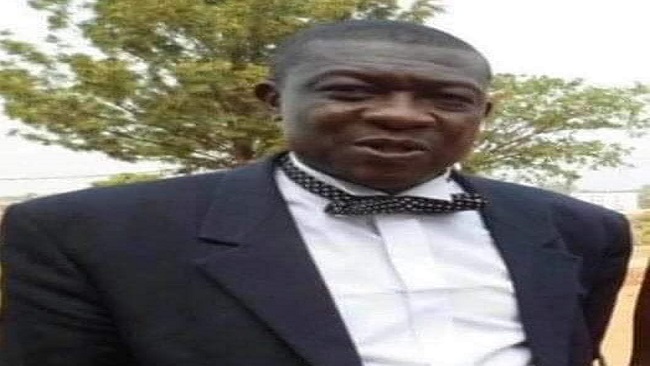
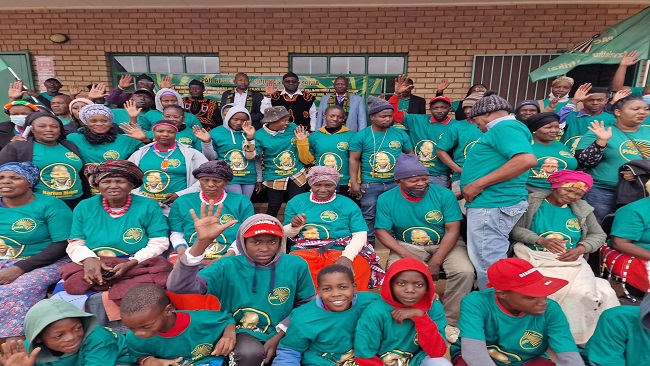
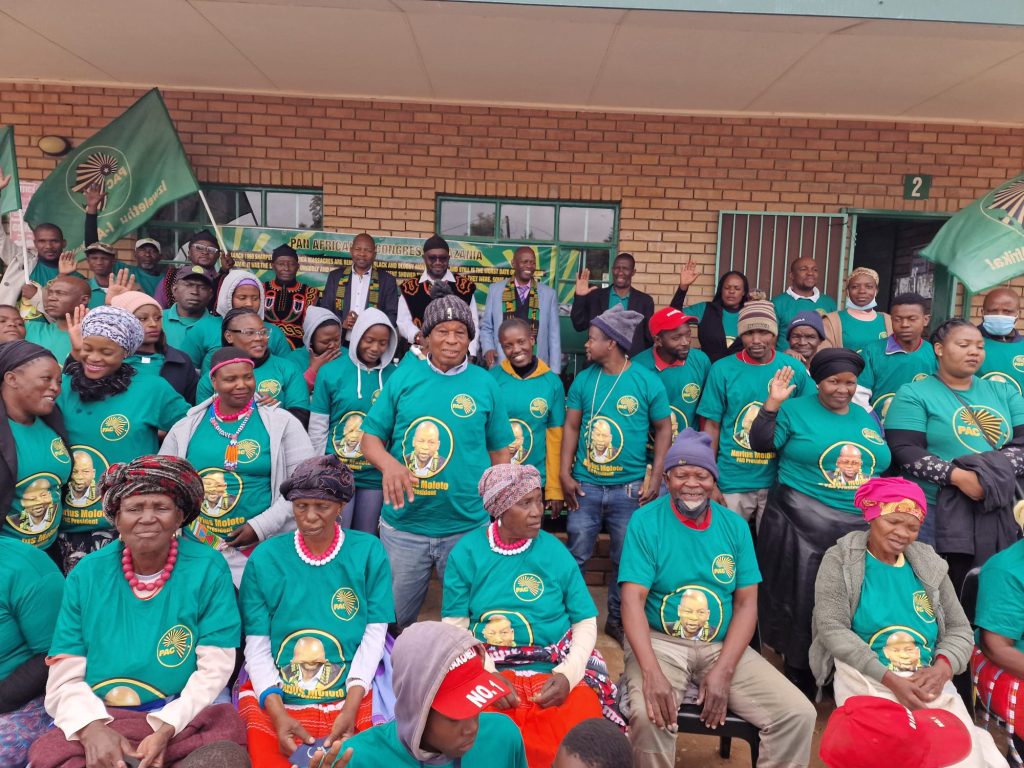

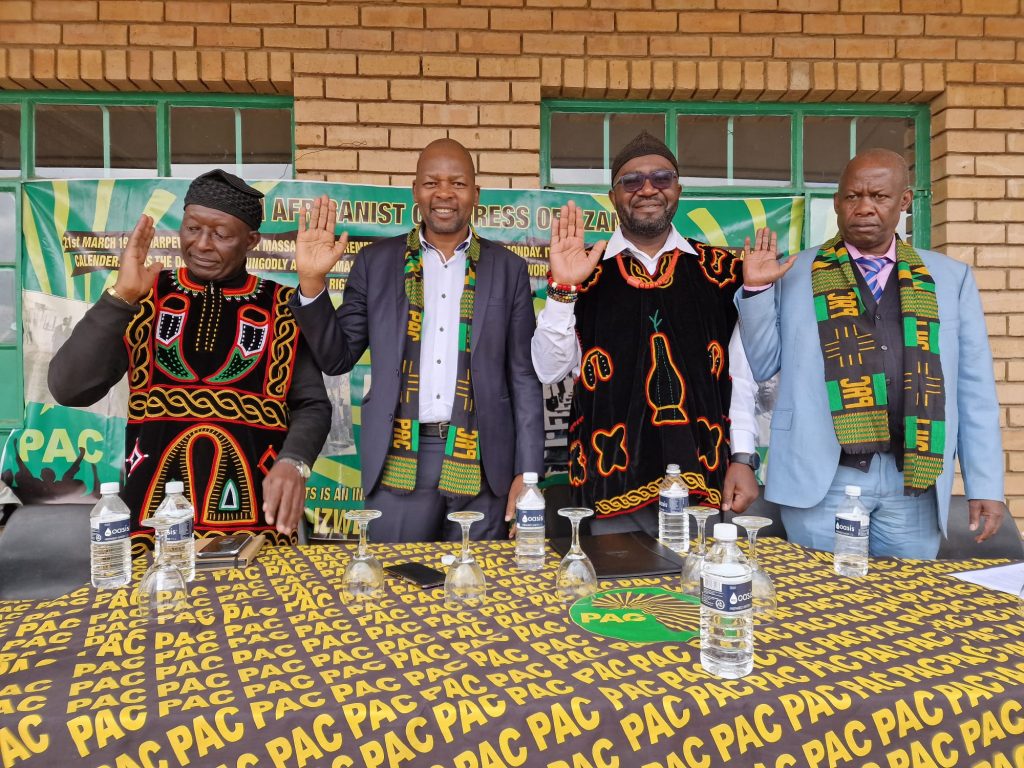
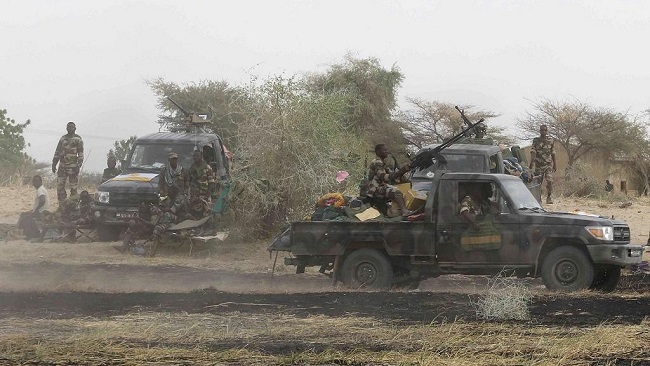
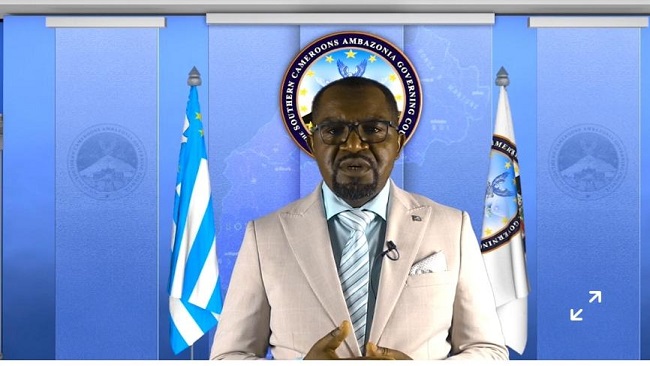
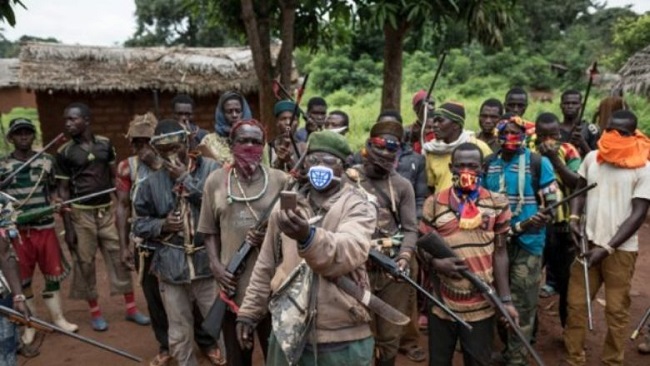
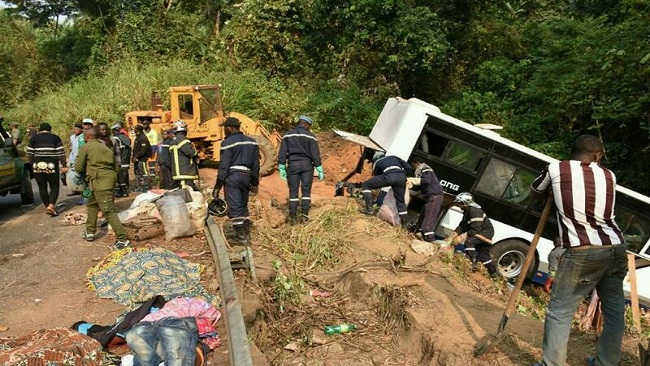


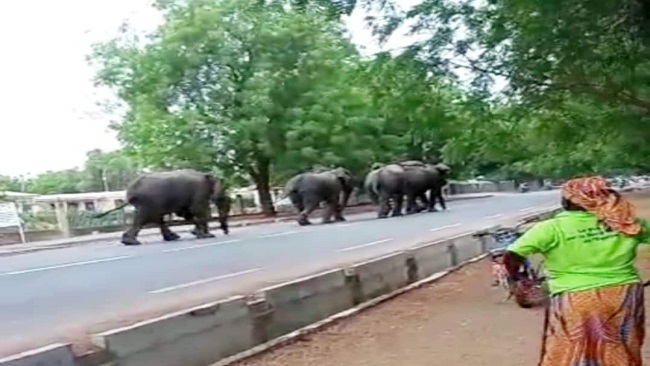


















31, May 2023
Boko Haram: Far North Governor Asks for More Border Troops after New Attacks 0
Officials in northern Cameroon have in a crisis meeting on Wednesday requested more troops from Cameroon, Nigeria and Chad to be deployed to their common border after fresh Boko Haran attacks killed at least 12 people including six soldiers on Tuesday. The officials say several hundred heavily armed Islamist extremists have infiltrated the volatile Lake Chad region attacking, looting and causing panic.
Cameroon military and government officials in the central African state’s northern border with Nigeria say they held a crisis meeting on Wednesday, less than 24 hours after a fresh wave of deadly Boko Haram attacks were reported.
Midjiyawa Bakari is the governor of Cameroon’s Far North region that shares a border with Chad and Nigeria. Bakari spoke on Cameroon state broadcaster CRTV on Wednesday.
Bakari said Cameroonian President Paul Biya ordered officials and troops in Cameroon’s Far North region to hold an emergency crisis meeting and make sure armed Islamist extremists who infiltrate the volatile Lake Chad region are stopped. He said Biya ordered the crisis meeting after several hundred militants killed three soldiers, two customs officers and two civilians in surprise attacks on Cameroon government troops stationed in the northern towns of Mora and Zigague on Tuesday.
Mora and Zigague are towns in Cameroon’s Far North region that share a border with Nigeria and Chad.
Bakari said Boko Haram is weakened but still very actively attacking communities to kill their opponents and to steal cattle, food and money.
The Cameroon military on Wednesday said troops found five other civilian corpses in the bush near Zigague and several dozen houses and government buildings were destroyed by the insurgents.
Military officials say soldiers killed several insurgents along the border with Nigeria and Chad but gave no details.
Government officials say villagers who escaped to the bush should return and be protected by the Cameroon military.
Bakari said civilians should help stop the new wave of attacks by reporting suspected militants to military officials. He said local chiefs and community leaders should reactivate militias to assist government troops in fighting the militants.
Hamidou Aladji is a community leader in Mora.
He said Tuesday’s attack on civilians and government troops in Mora indicate that Boko Haram is still a nuisance with an ability to create surprises. He said while the military is protecting civilians, it is imperative for community leaders and the clergy to assist in stopping or reducing terrorist attacks by reporting strangers in their communities to the military.
The Cameroon government says Boko Haram fighters crossed into the central African state from Nigeria in large numbers on Sunday and Monday evening before carrying out the attacks.
Military officials say the vast Lake Chad basin that stretches across the borders of Nigeria, Niger, Cameroon and Chad is infiltrated by the militants who want to reestablish bases on the lake’s many small islands.
In June 2022, the Multinational National Joint Task Force of the Lake Chad Basin said 3,000 troops it deployed killed more than 800 extremists in about two months of fighting in the volatile Lake Chad region.
The force is made up of 11,000 troops from Nigeria, Niger, Cameroon and Chad.
Officials at the crisis meeting ordered by President Paul Biya on Wednesday in Maroua, the capital of Cameroon’s Far North region, requested that troops from Cameroon, Nigeria and Chad be deployed to stop militants from reconstituting groups and advancing.
VOA could not independently verify if Chad and Nigeria have agreed to deploy troops to the three nations’ common border.
Boko Haram attacks escalated in northern Nigeria in 2009 before spreading to neighboring countries.
The United Nations says more than 36,000 people have been killed, mainly in Nigeria, and three million have fled their homes.
Source: VOA